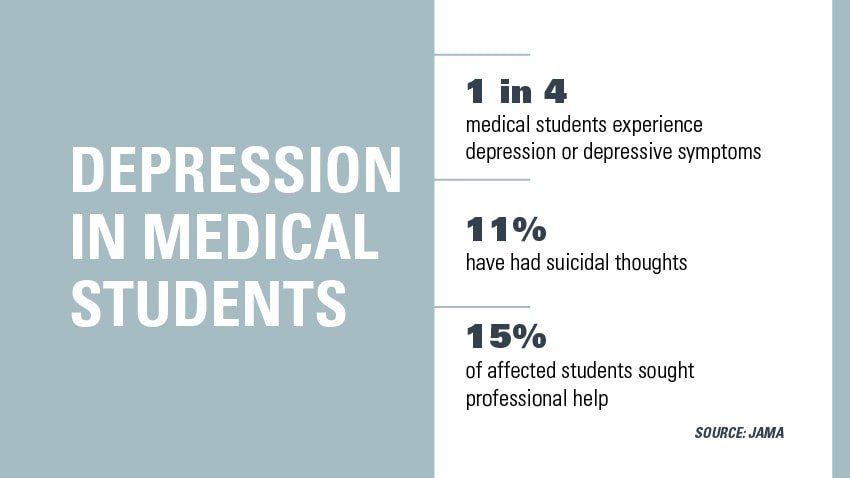-That their patient will die in their care.
-That they don't have enough training to help them.
-That they'll get sued.
-That they'll lose their license.
-Look for someone with suicide-specific training, such as DBT or CAMS
-If you can find a psychiatrist, do it
-Find a buddy to help you through the process
-Don't despair, there are other options such as online and peer support.
usatoday.com/in-depth/news/…







